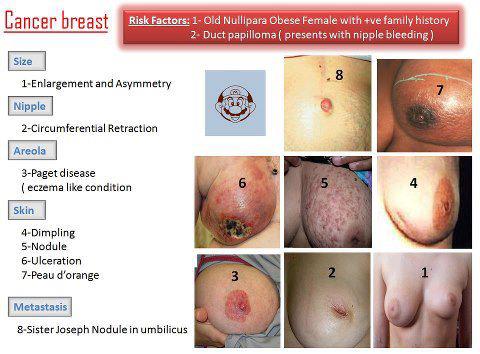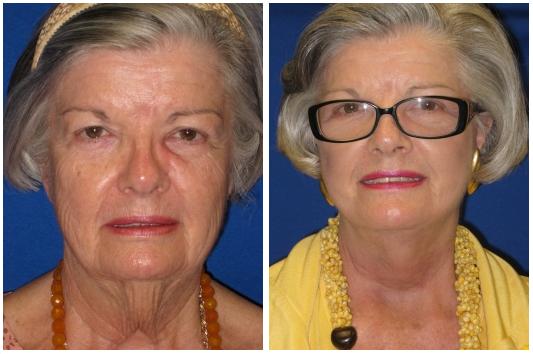High rates of tuberculosis, HIV and hepatitis B
High rates of tuberculosis, HIV and hepatitis B are found in migrants coming to live as long-term residents in Britain, according to a report.
Three-quarters of tuberculosis cases reported in Britain last year were born abroad, with many diagnosed two or more years after their arrival.
Almost two-thirds of newly diagnosed cases of HIV and 80 per cent of hepatitis B infected blood donors in 2010 were born abroad.
The Health Protection Agency (HPA) report says 12 per cent of people living in Britain in 2010 were born abroad - up from 8 per cent in 2001.
'A small proportion of the non-UK born residents bear the greatest burden of infectious disease reported in the UK,' it says.
The report found that half of migrants with newly diagnosed HIV had probably become infected in Britain.
Migrants going back to visit family and friends are the 'main risk group' for infections such as malaria and enteric fever diagnosed in Britain, it reports.
Almost two-thirds of malaria cases reported here last year and 87 per cent of enteric fever cases were among migrants who travelled abroad to visit friends and relatives, said the agency.
Dr Jane Jones, head of the travel and migrant section at HPA, said: 'The majority of non-UK born residents do not have infectious disease but some are at higher risk than UK-born residents because of their exposures and their life experiences prior to, during and after migration.
'It is important to remember that risk to non-UK born residents does not end on arrival in the UK,' she added.
By JENNY HOPE
Three-quarters of tuberculosis cases reported in Britain last year were born abroad, with many diagnosed two or more years after their arrival.
Almost two-thirds of newly diagnosed cases of HIV and 80 per cent of hepatitis B infected blood donors in 2010 were born abroad.
The Health Protection Agency (HPA) report says 12 per cent of people living in Britain in 2010 were born abroad - up from 8 per cent in 2001.
'A small proportion of the non-UK born residents bear the greatest burden of infectious disease reported in the UK,' it says.
The report found that half of migrants with newly diagnosed HIV had probably become infected in Britain.
Migrants going back to visit family and friends are the 'main risk group' for infections such as malaria and enteric fever diagnosed in Britain, it reports.
Almost two-thirds of malaria cases reported here last year and 87 per cent of enteric fever cases were among migrants who travelled abroad to visit friends and relatives, said the agency.
Dr Jane Jones, head of the travel and migrant section at HPA, said: 'The majority of non-UK born residents do not have infectious disease but some are at higher risk than UK-born residents because of their exposures and their life experiences prior to, during and after migration.
'It is important to remember that risk to non-UK born residents does not end on arrival in the UK,' she added.
By JENNY HOPE




AHH I FEAR FOR MY HEALTH! Nice blog man, following
ReplyDeleteThis is a well known problem... the foreign people come into a country and cause of the mild restrictions and checks they can infect other people in the country... the problem is: Where is the line between discrimination and safety for the people in a country?!
ReplyDeleteA lot of infected people. D:
ReplyDeleteGood post!
ReplyDeleteEep.
ReplyDeletethese illnesses are often the result of hunger which ruins your immune system and makes you exposed to diseases. It's sad, especially in modern world, but it shows how many poor people are around us.
ReplyDeletemerry Christmas :DD
ReplyDeletepretty scary stuff
ReplyDeletehappy holidays! great information
ReplyDeleteMosaMuse
MosaMuse.blogspot.com
That's very sad and scary for migrants looking to start a new life :-).
ReplyDeletescary, serious, & no joke!
ReplyDeleteInfected blood donors? Don't they like check the blood before placing them in the blood bank?
ReplyDeleteWhere are these people coming from...?
ReplyDeleteSo sad. Just all the more important that testing is available for everyone and that everyone get tested to aid in this problem.
ReplyDeleteI'm outside Britain yet I know someone who got hepatitis or something. He's taking medications now.
ReplyDeleteStep 1) Arrive in the UK
ReplyDeleteStep 2) Party and celebrate arriving in the UK
Step 3) .........
Step 4) Diseased!
scaryyy!
ReplyDeletenext interesting article, I really like your blog :)
ReplyDeleteit's frightening
ReplyDelete